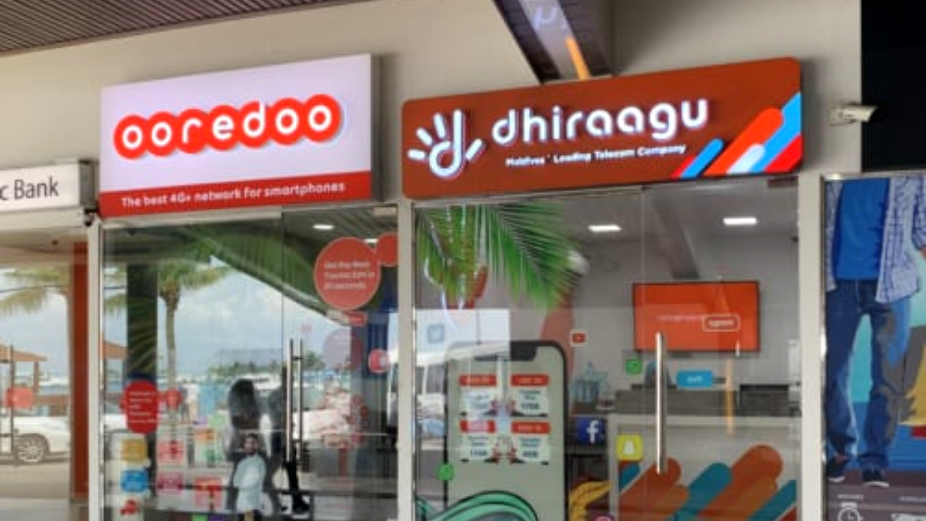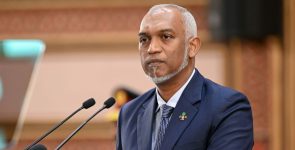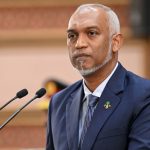
The Government of Maldives has decided to issue a license to a new telecom operator or company, revealed Minister of Finance Ibrahim Ameer.
According to the Minister, six new avenues to earn government revenue have been included in the proposed budget for 2021, which are expected to add to the revenue figure by MVR 1.22 billion. This includes changes to telecom licensing fees and a ‘frequency spectrum charge’, which will bring in MVR 300 million.
What would this mean for consumers in the long-term?
Right now in the Maldives, Dhiraagu and Ooredoo are the sole operators of telecommunication services. This creates a duopoly in the market, with limited incentives to compete or lower prices.
If a new operator were to set foot in the market, this would substantially increase competition, and consumers are likely to experience lower rates for telecom services. Much like how Dhiraagu was the sole provider prior to 2005, until the launch of Wataniya, now rebranded as Ooredoo; the introduction of competition created incentives for both companies to lower prices and improve services, in order to maintain their grip over the market.
As part of his manifesto, one of President Ibrahim Mohamed Solih’s vows was to bring down the price of the internet in Maldives. Apart from Dhiraagu and Ooredoo, ROL also provides internet services in the country. Healthy competition is likely to induce improved, more affordable internet services, benefiting customers who have long been seeking an ease to their qualms.
And so, by licensing the operation of another telecom company, will the president be able to fulfill his promise? We are yet to see, but the chances are high.












